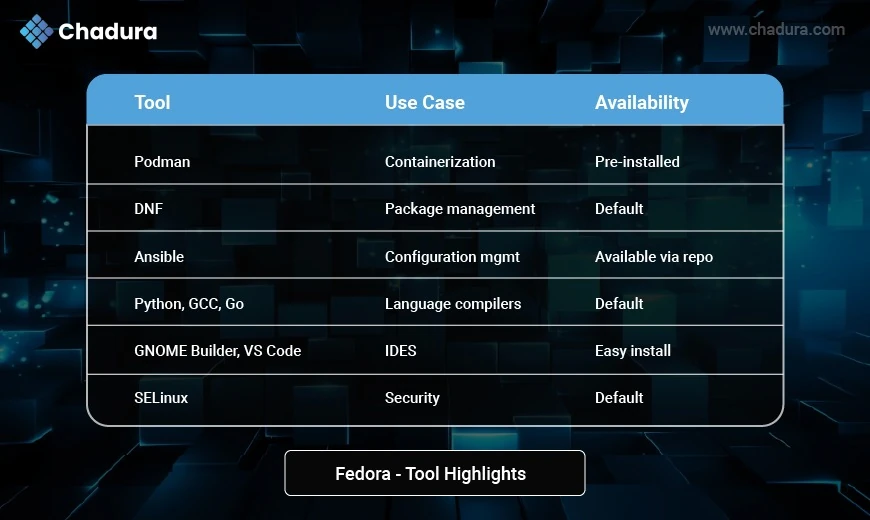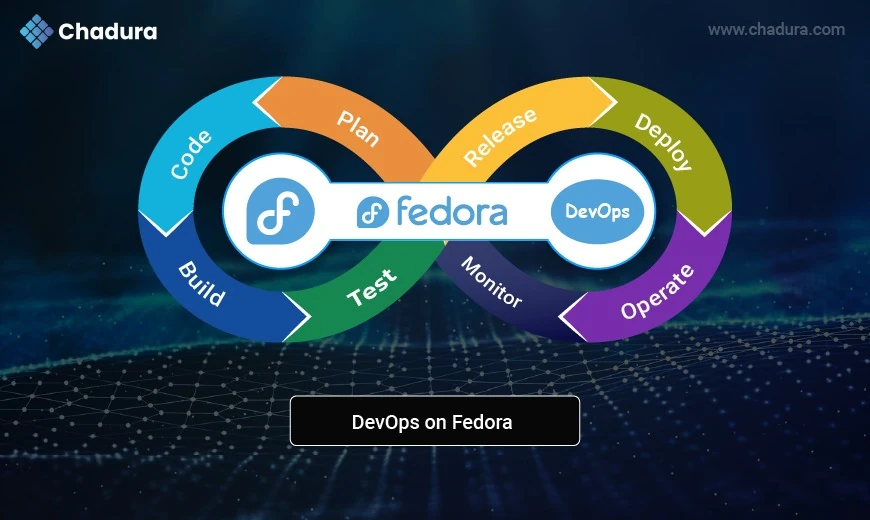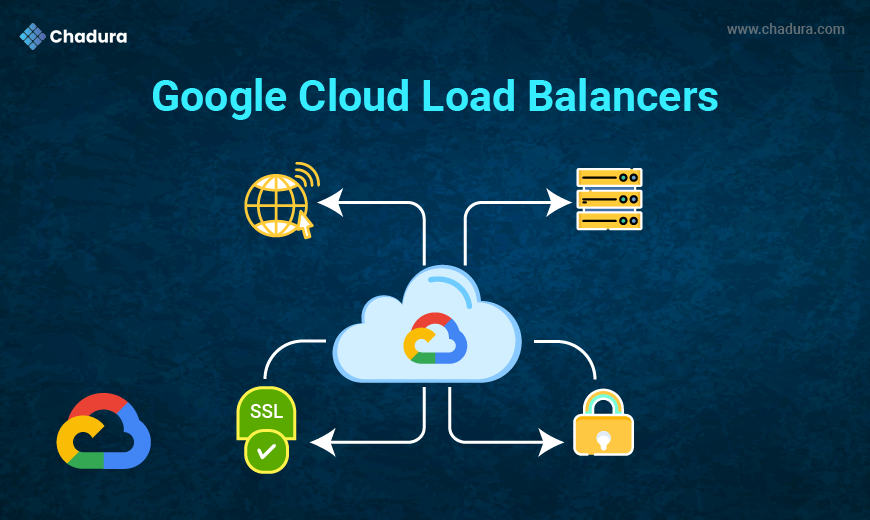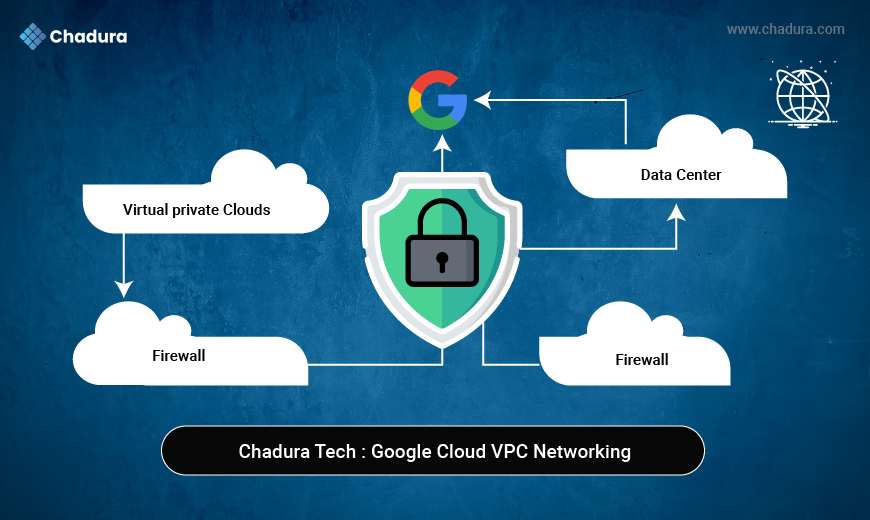In the world of open-source operating systems, Fedora holds a special place—especially among developers and DevOps professionals. As a cutting-edge Linux distribution backed by Red Hat, Fedora is known for its stability, innovation, and strong developer community. For those building, testing, and deploying software, Fedora offers a solid, forward-thinking platform with all the tools needed for rapid and secure software delivery.
Why Fedora is Ideal for Django Development
Latest Python and Django Support
Fedora ships with the latest stable Python 3.x, which is essential for Django development. You get quick access to the newest features, security updates, and libraries without needing third-party PPAs.
python3 --versionpip3 install djangoRobust Virtual Environment Support
Fedora makes it easy to create isolated Python environments using venv or virtualenv, which is a standard practice in Django projects.
python3 -m venv venvsource venv/bin/activateIntegrated Database Options
Fedora provides ready-to-install packages for popular databases Django supports:
- PostgreSQL
- SQLite (default)
- MySQL / MariaDB
sudo dnf install postgresql postgresql-serverDeveloper-Friendly Tools
Fedora includes or easily supports:
- Git, VS Code, PyCharm, GNOME Builder
- Docker/Podman for containerized Django deployment
- Caddy or Nginx for reverse proxying Django apps
- Systemd for managing Django as a service
Recommended Tools on Fedora for Django Devs
Tools and Purpose
dnf : Modern Package Manager
Podman : Docker -Compatible containers
Toolbox: Containerized development Environment
Firewalld : Firewall control (for dev/staging servers)
SELinux: Built-in Security for production apps
Fedora Variants for Django Development
- Fedora Workstation: Ideal for local Django development with GNOME desktop and GUI tools.
- Fedora Server: Best for self-hosted Django deployments.
- Fedora Silverblue: Immutable desktop for reproducible environments.
- Fedora CoreOS: Lightweight and atomic for containerized Django apps.
Security and Stability
Fedora enforces SELinux and ships with hardened defaults, making it safer for development and testing environments. You can develop Django projects with peace of mind knowing your system is secure.
Django Deployment Made Easy
Using Fedora with tools like:
- Gunicorn + Nginx or Caddy
- Systemd service files
- Podman or Docker
- PostgreSQL with systemd integration
Fedora for Developers: Built for Builders
Fedora is a developer-first OS. Whether you're a Python programmer, a C++ systems developer, or working with Rust or Go, Fedora provides you with a modern, flexible environment that "just works."
Access to Latest Packages
Fedora is known for shipping the latest stable versions of programming languages, compilers, and libraries. This means developers can experiment with the newest features without waiting months or years for packages to become available.
Example : Fedora was one of the first distros to offer full support for Python 3.x, Rust, and Wayland.
Excellent Development Toolchain
Out-of-the-box, Fedora includes:
- GCC, Clang, GDB, Valgrind (for C/C++ development)
- Python 3, Node.js, Ruby, Rust, and Go
- DNF package manager for easy software management
- Git and other version control systems
- Containers and Flatpak support
GNOME Desktop and Wayland Support
Fedora Workstation uses the GNOME desktop with Wayland as default, offering a clean, professional UI experience. Ideal for modern development with improved rendering and security.
Toolbox and OCI Containers
With Fedora Silverblue (an immutable variant), developers can use Toolbox to spin up containerized development environments with ease. This aligns closely with modern microservice development where each service might require its own stack.
Fedora in DevOps: A Natural Fit
For DevOps professionals managing builds, testing, deployments, and automation, Fedora provides a fast, secure, and configurable environment.
Built-in Container Support
Fedora comes with Podman, a daemonless container engine compatible with Docker commands. It’s perfect for secure and rootless container operations.
Bonus: Podman integrates seamlessly with Kubernetes, making Fedora ideal for hybrid cloud-native development.
CI/CD Ready
Fedora supports major CI/CD tools such as:
- Jenkins
- GitLab Runner
- GitHub Actions runners
- Ansible, Terraform, and other IaC tools
With Fedora’s fast update cycle, it's easy to run the latest automation tools in your CI/CD pipelines.
Immutable Fedora Silverblue for Stability
Silverblue is an immutable desktop OS based on Fedora. It ensures that system environments are consistent across machines, reducing the "it works on my machine" problem and aligning perfectly with infrastructure-as-code principles.
Secure by Default
Fedora implements SELinux (Security-Enhanced Linux) by default, providing mandatory access control and improving the security posture of both development and production environments.
Fedora in Cloud and Container Environments
Fedora Cloud and Fedora CoreOS are specifically tailored for cloud and containerized infrastructures:
- Fedora CoreOS is optimized for container workloads and automatic updates—ideal for running containerized apps on Kubernetes.
- Fedora Cloud Edition offers a lightweight image optimized for running on cloud platforms like AWS, Azure, and OpenStack.
These versions are useful for provisioning cloud-native infrastructure with tools like Ansible, Terraform, and Kubernetes.
Popular Use Cases
- Container Development with Podman & Buildah
- Immutable Environments with Fedora Silverblue
- Continuous Integration Servers
- Secure Dev Workstations
- Edge Computing (Fedora IoT)
- Testing Latest Software Builds with Rawhide
Tool Highlights

Why Devs and DevOps Teams Choose Fedora
Fedora's reputation for being developer-friendly, cutting-edge, and community-driven makes it an excellent choice for both developers and DevOps engineers. It offers:
- Rapid access to new tools and languages
- Stability in production environments
- Tight integration with containers and cloud infrastructure
- High security and customization capabilities
Whether you're writing code, building automation scripts, managing infrastructure, or deploying microservices, Fedora has the flexibility and power to support your workflow. It's not just an operating system—it's a full-fledged platform for modern software engineering.
Podman vs Docker: A Security-First Approach
Fedora ships with Podman instead of Docker. Unlike Docker, Podman runs in rootless mode, meaning containers can be run without root privileges—reducing attack surfaces and improving container isolation.
Why DevOps Engineers Prefer Podman in Fedora:
- Drop-in replacement for Docker CLI (alias docker=podman)
- Supports Kubernetes YAML natively (podman generate kube)
- No daemon means fewer security vulnerabilities
- Ideal for CI/CD runners and testing environments
Fedora Silverblue + Toolbox = Consistent Dev Environments
Toolbox enables container-based development environments that are isolated, reproducible, and safe.
Use Case: A front-end developer can maintain a separate toolbox for React and Node.js while working on a Python API in another—all without cluttering the host system.
toolbox create --container my-node-envtoolbox enter my-node-env Fedora in CI/CD Pipelines: Streamlining DevOps
Fedora integrates smoothly with CI/CD tools and environments. Whether you’re deploying to Kubernetes or just testing builds in GitLab, Fedora gives you the reliability and consistency needed in modern pipelines.
Common CI/CD Integrations on Fedora:
- GitHub Actions: Fedora runners can be set up using Fedora cloud images.
- GitLab CI/CD: Use Fedora as the base image for runners.
- Jenkins: Install Jenkins on Fedora and leverage DNF for plugin control.
- Tekton Pipelines: Container-native CI/CD built on Kubernetes works well on Fedora CoreOS.
Infrastructure as Code on Fedora
With IaC tools like Terraform, Ansible, and Pulumi, Fedora provides a clean base for orchestrating your cloud, VM, or on-prem infrastructure.
Fedora + Ansible:
Fedora includes Ansible in its repositories, allowing fast provisioning of servers, containers, and configuration changes.
dnf install ansibleansible-playbook -i inventory setup.ymlFedora + Terraform:
Install Terraform via Fedora COPR or directly using the HashiCorp repo and deploy infrastructure across AWS, Azure, GCP, or even libvirt locally.
Fedora CoreOS: Cloud & Container Native
Fedora CoreOS is immutable, automatically updated, and optimized for running containerized workloads at scale.
Why CoreOS Matters in DevOps:
- Atomic upgrades via rpm-ostree
- Immutable root filesystem → Consistency across environments
- Built-in Ignition for cloud-init-like provisioning
- Ideal for Kubernetes and OpenShift clusters
Security Practices in Fedora for DevOps
Fedora’s security-first design makes it ideal for DevOps workflows that require compliance, audits, and data protection.
Key Security Features:
- SELinux Enforcing Mode (by default)
- Firewalld with zone-based firewall policies
- rootless containers with Podman
- Kernel Hardening and timely security patches
- System-wide crypto policies via update-crypto-policies
# Switch to FIPS-compliant crypto policy
sudo update-crypto-policies --set FIPSFedora in Cloud-Native & Hybrid Environments
Fedora runs efficiently on:
- AWS EC2 (via Fedora Cloud AMI)
- Google Cloud Compute
- Azure VMs
- OpenStack
- VMware and VirtualBox
Who Is Fedora Ideal For?

Real-World Developer and DevOps Workflows on Fedora
Example 1: Microservices with Podman and Kubernetes
- Use Podman to build a container locally.
- Use podman generate kube to create a deployment YAML.
- Deploy the service to Minikube or OpenShift running on Fedora.
Example 2: Immutable Dev Workstation
- Install Fedora Silverblue.
- Create toolbox environments for Java, Python, or Web dev.
- Use flatpak for GUI apps—keeping your host OS clean.
Final Thoughts
Fedora is more than just a Linux distribution—it’s a powerful development and DevOps platform that supports modern, containerized, cloud-native workflows. Its philosophy of shipping fast, secure, and upstream-first technologies makes it an ideal base for:
- Agile development teams
- CI/CD automation
- Secure container deployments
- Consistent dev environments
From writing code to deploying it across distributed systems, Fedora keeps developers and DevOps teams ahead of the curve.
Fedora is a powerful, developer-friendly Linux distribution that provides Django developers with the latest tools, secure environments, and versatile configurations. Whether you're building a blog, SaaS app, or enterprise backend, Fedora is a great foundation for your Django journey.





